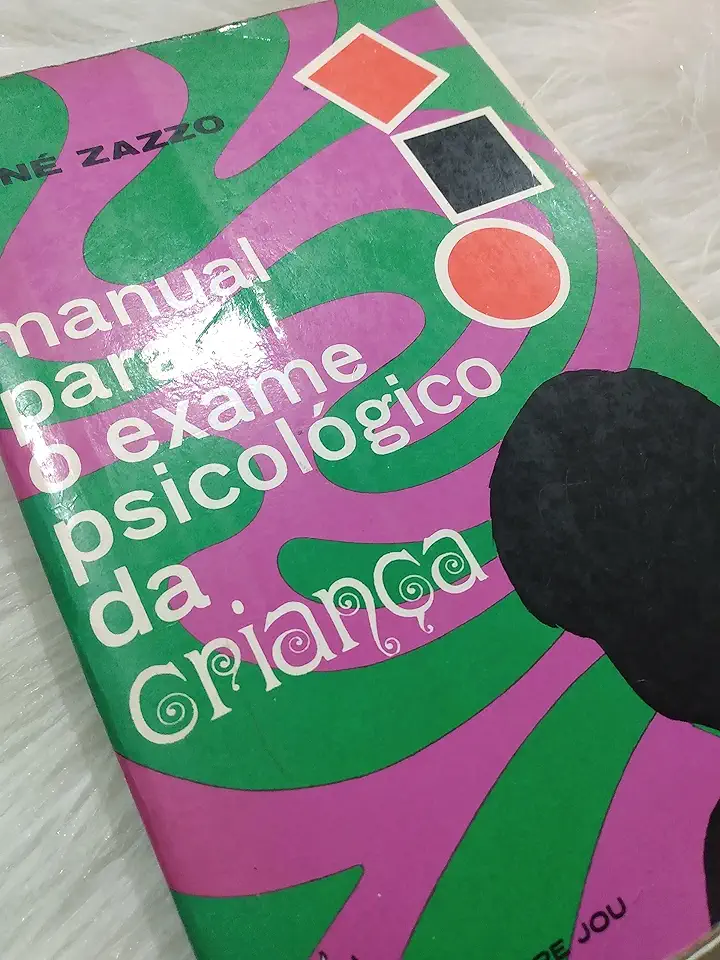
Child Psychology Examination Manual - René Zazzo
Child Psychology Examination Manual
By René Zazzo
A Comprehensive Guide to Understanding and Assessing Children's Psychological Development
Introduction
Child psychology is a complex and ever-evolving field that seeks to understand the psychological development of children from birth to adolescence. This comprehensive manual provides a thorough overview of the key concepts, theories, and methods used in child psychology, making it an essential resource for students, researchers, and practitioners alike.
Key Concepts and Theories
The manual begins by introducing the fundamental concepts and theories that underpin child psychology, including:
- Developmental psychology: The study of how children's physical, cognitive, and emotional development changes over time.
- Piaget's theory of cognitive development: Piaget's influential theory proposes that children's cognitive development progresses through a series of distinct stages, from sensorimotor to formal operations.
- Vygotsky's sociocultural theory: Vygotsky's theory emphasizes the role of social interaction and culture in children's cognitive development.
- Attachment theory: Attachment theory explores the importance of early relationships in shaping children's emotional development.
Assessment Methods
The manual then delves into the various methods used to assess children's psychological development, including:
- Observational methods: Observing children in their natural environment can provide valuable insights into their behavior and development.
- Interviews and questionnaires: Interviews and questionnaires can be used to gather information about children's thoughts, feelings, and experiences.
- Standardized tests: Standardized tests can provide objective measures of children's cognitive abilities and academic achievement.
- Projective techniques: Projective techniques, such as the Rorschach Inkblot Test, can reveal children's unconscious thoughts and feelings.
Applications in Child Psychology
The manual concludes by discussing the practical applications of child psychology in various settings, including:
- Education: Child psychology can help educators understand how children learn and develop, and how to create effective learning environments.
- Clinical psychology: Child psychology can help clinicians diagnose and treat children with mental health problems.
- Parenting: Child psychology can provide parents with valuable insights into their children's development and how to raise healthy, happy children.
Conclusion
The Child Psychology Examination Manual is an essential resource for anyone interested in understanding and assessing children's psychological development. With its comprehensive coverage of key concepts, theories, and methods, this manual is a must-have for students, researchers, and practitioners alike.
Benefits of the Child Psychology Examination Manual
- Gain a comprehensive understanding of child psychology, from key concepts and theories to assessment methods and practical applications.
- Learn from the expertise of René Zazzo, a renowned child psychologist with decades of experience in the field.
- Access a wealth of resources, including case studies, sample assessments, and further reading suggestions.
- Enhance your professional skills and knowledge in child psychology, whether you're a student, researcher, or practitioner.
Order Your Copy Today!
Don't miss out on this opportunity to gain a deeper understanding of child psychology and its practical applications. Order your copy of the Child Psychology Examination Manual today and start your journey to becoming an expert in this fascinating field.
Enjoyed the summary? Discover all the details and take your reading to the next level — [click here to view the book on Amazon!]